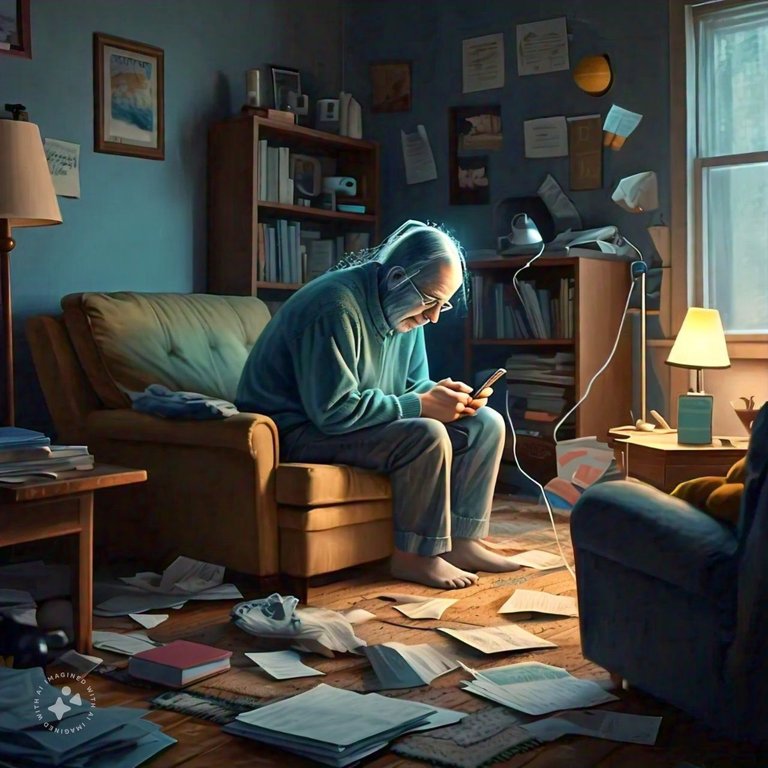
Overtime, social media has become such a big part of our lives, and I’ve noticed just how deeply it can affect us mentally and emotionally. I can spend hours scrolling through my feeds, and even though some things inspire me, other content makes me question everything—from how I live my life to how I see myself.
One thing I’ve realized is just how much fake or exaggerated content is out there. People can portray their lives as perfect and problem-free, but you never really know what’s true. I’ve seen people post emotional videos, giving advice on relationships or saying things like, “Don’t stay in a relationship that doesn’t pay you.” But some of these people are going through the same struggles behind the scenes, choosing to work through challenges with their partners that they would never reveal online. This can be so confusing because social media often makes it seem like everyone else’s life is so clear-cut and simple, while in reality, everyone’s facing something.
Social media just isn’t real life. It feels real because we see these snapshots every day, but the truth is often hidden. Seeing all this “perfect” content makes it easy to fall into the trap of comparing ourselves to others. We might start questioning why our lives don’t look as fun or put-together as theirs, not realizing it’s all curated. The result? We feel like we’re somehow not good enough.
And then, there’s the spread of fake news. In just seconds, misinformation can spread across platforms and put someone in a negative light. I’ve seen people’s names trend online for things they didn’t even do, and it takes a toll on their mental health and reputation. Imagine being the person behind the headline or viral story, knowing the truth but watching the world believe a lie. It’s tough to handle, especially when everyone is so quick to judge based on a few posts or shares.
One of the most disturbing parts of social media, though, is the comment section. Sometimes, I’ve read the comments on posts, and the things people say are just brutal. I remember scrolling through comments under a football player’s post after he missed a crucial goal. People were attacking him personally, some even making threats against his family and saying racist chants. It’s shocking that just because someone made a mistake, they get treated like they’re not even human. People forget that behind the profile, there’s a real person with feelings. The anonymity of social media makes it so easy for people to be cruel in ways they probably wouldn’t dare to be face-to-face.
This kind of negativity doesn’t only hit celebrities. Everyday users experience the same thing—bullying, hate comments, and all kinds of harsh criticism. For teenagers and young adults, who are still figuring out who they are, this can be damaging. Constantly facing this kind of negativity can lead to anxiety, self-doubt, or even depression. No one should have to go through that just for being online.
The truth is, we all have a part to play in making social media a better place. Being more thoughtful about what we post and share , could help reduce the spread of harmful content. We can also try to be kinder online, especially in how we respond to others’ posts. And sometimes, the best thing we can do is take a break from social media. Putting down our phones for sometime gives us a chance to reconnect with reality, focus on our own lives, and remind ourselves that what we see online isn’t the whole truth.
At the end of the day, i believe social media isn’t all bad; it’s a tool that can bring people together and share ideas in incredible ways. But we have to approach it carefully and not take everything at face value because behind every post, there’s a real person with real feelings. Social media actually affects our mental health, and we owe it to ourselves to engage with it in a way that protects our well-being and keeps us grounded in what really matters.
image is from Meta Ai
Posted Using InLeo Alpha